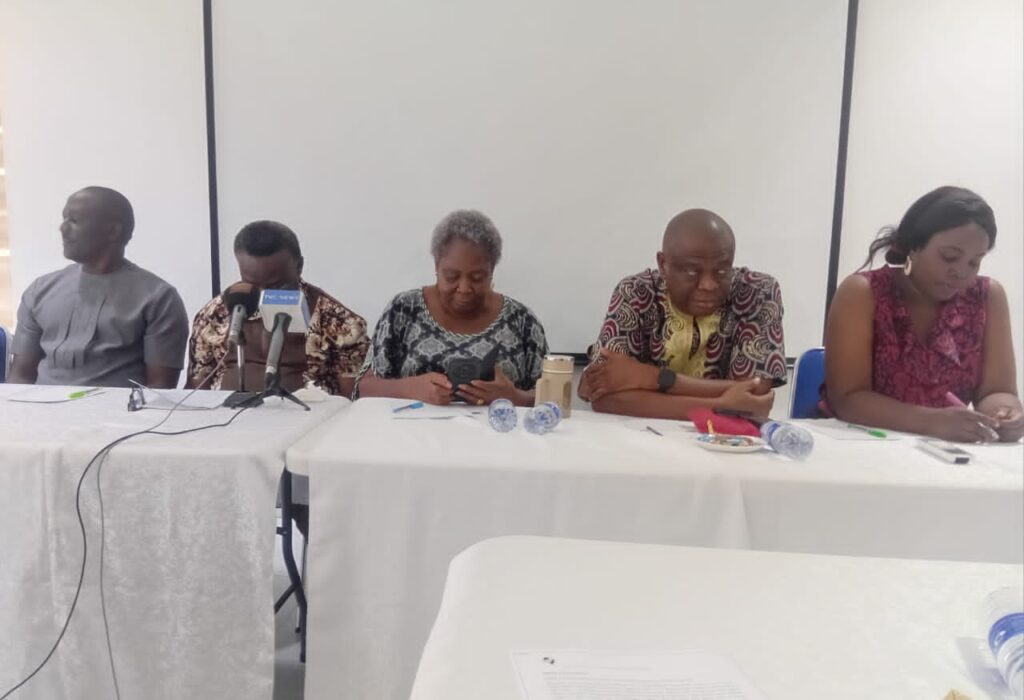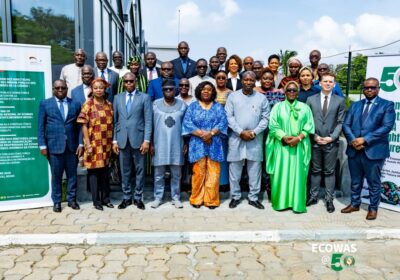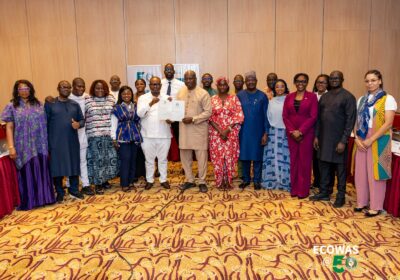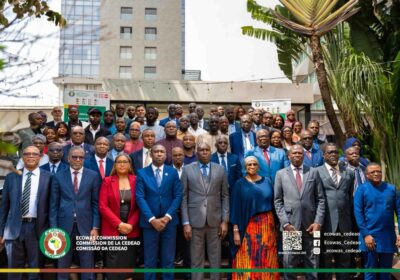PMS 15% INCREASE: GROUP CALL FOR PROTECTION OF THE PEOPLE, AND NOT A MONOPOLY POLICY BY GOVT .
By Raymond Enoch
A civil society organization, Peering Advocacy and Advancement Centre in Africa (PAACA), has sounded a matter of national concern over what it describes as the rise of a “new cartel” in Nigeria’s oil sector, following the Federal Government’s proposal to impose a 15 percent import tariff on petrol (PMS) and diesel.
In a strong worded press statement issued on the 10th November 2025 and signed by Ezenwa Nwagwu, Executive Director of PAACA, the organization warned that the new tariff would entrench monopoly power, eliminate competition, and further burden millions of Nigerians already struggling under economic hardship, inflation, and subsidy removal.
Speaking under the theme “Protect the People, Not the Monopoly,” PAACA cautioned that the proposed tariff contradicts the very essence of deregulation, which was intended to dismantle market cartels and open up fair competition in Nigeria’s downstream petroleum industry. Instead, the group said, it risks creating a new dominance centered around a single player — the Dangote Refinery.
“By taxing imported fuel at this critical stage, the government risks creating artificial scarcity, worsening inflation, and undermining the deregulation policy that was meant to open, not close, the market,” the statement read.
PAACA explained that while the Federal Government has defended the tariff as a measure to “protect local refining capacity” and “stabilize the downstream market,” the move would actually stifle competition, increase fuel prices, and consolidate control of fuel supply in the hands of one major refinery.
Currently, the Dangote Refinery meets only about 40 percent of Nigeria’s national fuel demand. Imported petrol sells for around ₦802 per litre, while the locally refined product from Dangote costs roughly ₦929.72 per litre. The organization warned that imposing a 15 percent import tariff could push pump prices up by ₦140 to ₦165 per litre, driving up the cost of transportation, food, and essential goods.
PAACA also emphasized that even the Dangote Refinery still depends on imported blending components, making the idea of “buying Nigerian” somewhat misleading. “This makes it clear that the local product still relies on foreign inputs, further questioning the logic behind the tariff,” the statement added.
The group warned that the policy would institutionalize a state-backed monopoly, granting one company near-total control over pricing, supply, and distribution of petroleum products. Over 20 fuel marketers, the group noted, now depend solely on the refinery for access to products, sidelining independent depot owners who have invested billions of naira in infrastructure.
“Once competition disappears, prices are dictated rather than discovered — leaving Nigerians with no choice and no relief,” Nwagwu cautioned.
Rejecting the government’s claim that the tariff is “corrective, not revenue-driven,” PAACA argued that its real effect is to protect private profits at the expense of public welfare. “The government’s duty is to ensure fairness and transparency — not to pick winners and losers,” the group declared.
The organization urged the government to suspend the proposed tariff immediately, and instead focus on strengthening domestic refining capacity, improving port logistics, and ensuring that local refineries operate competitively. It also called for greater transparency in refinery supply agreements and open data publication by the Nigerian Midstream and Downstream Petroleum Regulatory Authority (NMDPRA).
PAACA further recommended empowering the Federal Competition and Consumer Protection Commission (FCCPC) to monitor and curb monopolistic practices, while investing in infrastructure that lowers transport and import costs for all market players.
“Protect competition, protect Nigerians. Monopolies breed scarcity and inequality,” the group stated. “True energy security comes from choice — the more refineries and suppliers we have, the stronger and safer our nation will be. The government’s loyalty must be to citizens, not corporations.”
Concluding, PAACA called on the government to uphold the principles of fairness and inclusivity under the Renewed Hope Agenda, noting that Nigerians deserve “energy justice, not monopoly power.










